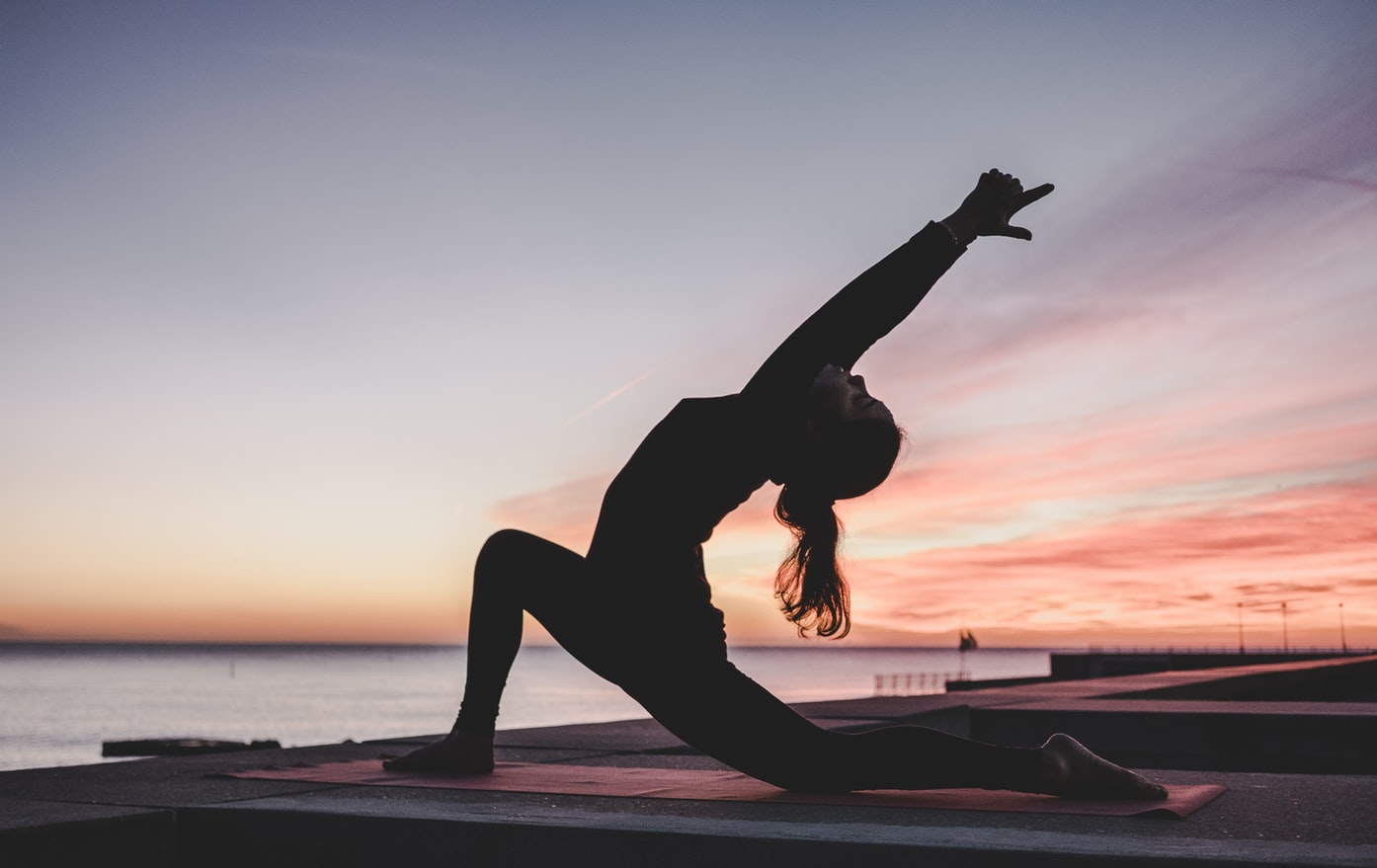When you’re struggling with addiction, it can feel difficult, even impossible, to find meaning and fulfillment. Your day is likely centered around finding, getting, and using your substance of choice, making it extremely difficult to focus on developing a healthy, consistent routine.
Both your body and mind are engaged in a battle that can’t be won. Because of your addiction, you have built a lifestyle around unhealthy, destructive behaviors. The path to recovery is not an easy one, but it can bring you peace, freedom, and fulfillment if you let it.
The key to recovery and long-term sobriety is a combination of factors. It starts with understanding your emotions and behaviors, learning to cope with urges, maintaining motivation to stay sober, and finally, rebuilding a life that consists of healthy routines and fulfilling activities like yoga.
The Power of Yoga
Individuals in recovery are encouraged to engage in exercise, as it strengthens the body, releases dopamine to make you feel good, and is a healthy habit that can be easily incorporated into your daily schedule. Any kind of exercise is beneficial, so you can choose what you like. It could be walking, running, swimming, or lifting weights – it’s all good.
What sets yoga apart from other types of exercise is that it also incorporates meditation, which works simultaneously to soothe both the body and mind. Grounded breathing, mindful meditation, gentle stretching, and strength building are all part of the process.
Yoga is beloved the world over, with good reason. The practice of yoga is founded on principles of patience, peace, self-acceptance, and relaxation. It’s about embracing emotion – both good and bad. Rather than shunning or clinging to emotion, yoga encourages you to accept your thoughts and feelings and release them to pass through rather than linger in your psyche.
The Benefits of Practice
This practice encourages you to be mindful and engaged while your body goes through a series of uncomfortable—but not painful—movements and motions. The goal is acceptance; you become at ease with the discomfort and turn your focus inward. Yoga helps you enter a state of calm determination, even as your body struggles to do what is asked of it.
For individuals in addiction recovery, the practice of yoga benefits the whole person. Committing to a healthy routine that includes yoga improves your mental health, boosts self-confidence, and betters your physical fitness. Over time, you will see yourself grow and improve in your practice, creating feelings of empowerment, excitement, and building strength in mind and body. Overall, it is a daily routine that you can be proud of at any stage of mastery.
If you or a loved one are struggling with addiction and recovery, yoga can help. Regular yoga practice teaches you to channel your energy into a productive daily routine that allows you to embrace yourself, your abilities, and your emotions. It releases stress from your body and mind, and you might just find that you’re looking forward to each new day and what insights it might bring.
Life in recovery may not be easy, but it’s always better when you share the experience to learn more about our programs and how we help, reach out today.

Choose Recovery Over Addiction
We're here 24/7 to help you get the care you need to live life on your terms, without drugs or alcohol. Talk to our recovery specialists today and learn about our integrated treatment programs.




